 According to the World Bank, financial inclusion is the point at which individuals and businesses in disadvantaged or low-income societies have access to affordable financial products and services. Financial inclusion in Jordan is increasingly important for economic growth, where nearly a third of the population lives below the poverty line. The influx of Syrian and Iraqi refugees, high unemployment rates and a strain on natural resources are plaguing the Jordanian economy.
According to the World Bank, financial inclusion is the point at which individuals and businesses in disadvantaged or low-income societies have access to affordable financial products and services. Financial inclusion in Jordan is increasingly important for economic growth, where nearly a third of the population lives below the poverty line. The influx of Syrian and Iraqi refugees, high unemployment rates and a strain on natural resources are plaguing the Jordanian economy.
The importance of financial inclusion in everyday life is that it eases monetary needs and helps people to prepare for the future. While progress has been made for financial inclusion in Jordan, there are still a great number of people who lack affordable financial services.
“Around two billion people don’t use formal financial services and more than 50 percent of adults in the poorest households are unbanked,” the World Bank stated about financial inclusion across the globe.
As of early August 2017, financial inclusion in Jordan was behind the curve, with only 24 out of every 100 Jordanians over the age of 15 having a bank account.
Among Middle Eastern countries, Jordan has one of the smallest economies. In 2016, it slowed drastically and has remained stagnant. While crises in Iraq and Syria are key factors in the slowing of growth, the lack of affordable financial services is also to blame.
In today’s world where digital payments are king and cash seems to be the enemy, access to a secure network to receive, store and use money is a stepping-stone to financial inclusion and economic growth.
According to Visa, Inc., access to financial services allows children to get a proper education and homes to be safer, healthier and happier. As a part of the World Bank’s call for universal financial access, Visa, MasterCard and other payments companies have made a commitment to provide financial services to the unbanked adults of the world.
The Central Bank of Jordan has also devised a strategic plan for financial inclusion from 2018 to 2020. The Jordan News Agency reported that the plan will focus on the areas of financial literacy, protection of financial service recipients, support of small- and medium-sized projects, micro-finance and online payments.
The plan will also work on improving financial inclusion rates for women, young people and refugees in Jordan, as these groups are often alienated financially.
– Madeline Boeding
Photo: Flickr
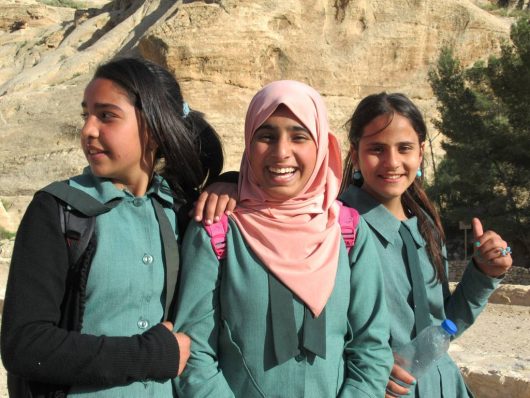 The infamous Article 308 – a bill allowing rapists to forgo punishment by
The infamous Article 308 – a bill allowing rapists to forgo punishment by 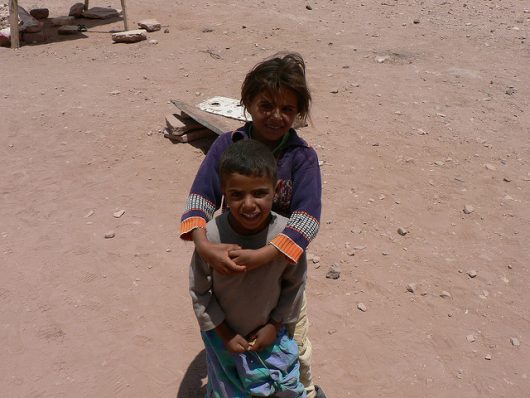 Jordan is a small country in the Middle East with a population of about 6.5 million people. The nation plays an important role in the convoluted
Jordan is a small country in the Middle East with a population of about 6.5 million people. The nation plays an important role in the convoluted  Approximately 5.3 percent of the world’s population lives with hearing loss. That amounts to 360 million people across the globe. The disability is more prevalent in developing countries, where most of the deaf population is also illiterate.
Approximately 5.3 percent of the world’s population lives with hearing loss. That amounts to 360 million people across the globe. The disability is more prevalent in developing countries, where most of the deaf population is also illiterate. 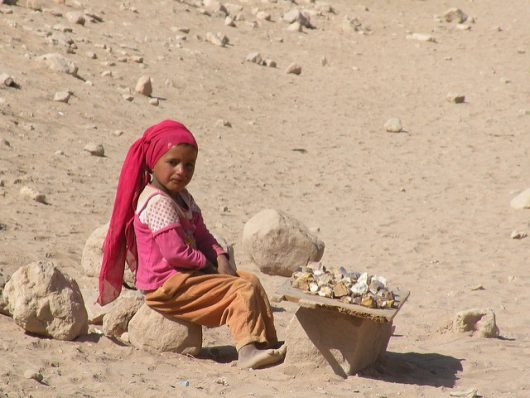


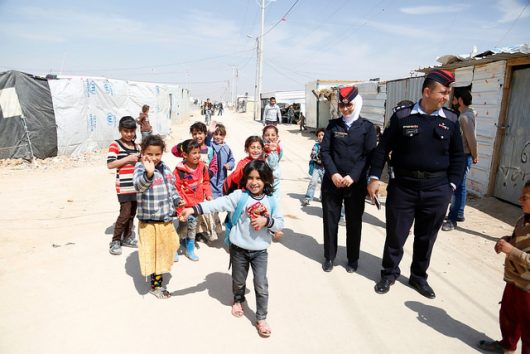
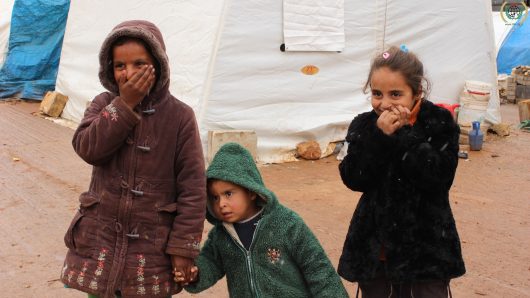
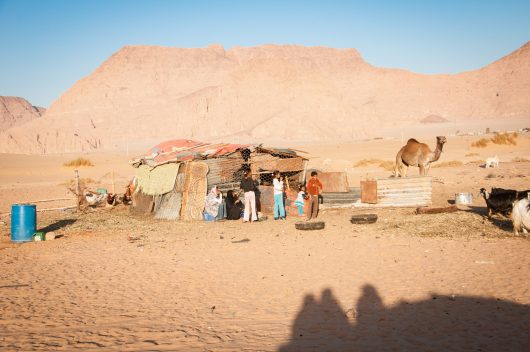 Canadian nonprofit organization PeaceGeeks has
Canadian nonprofit organization PeaceGeeks has 